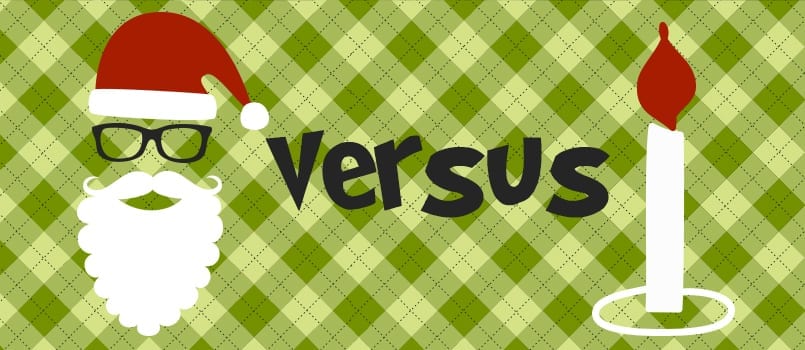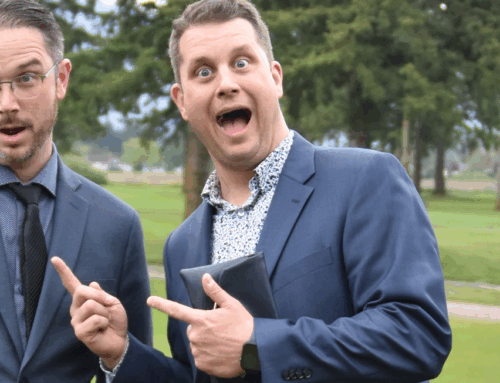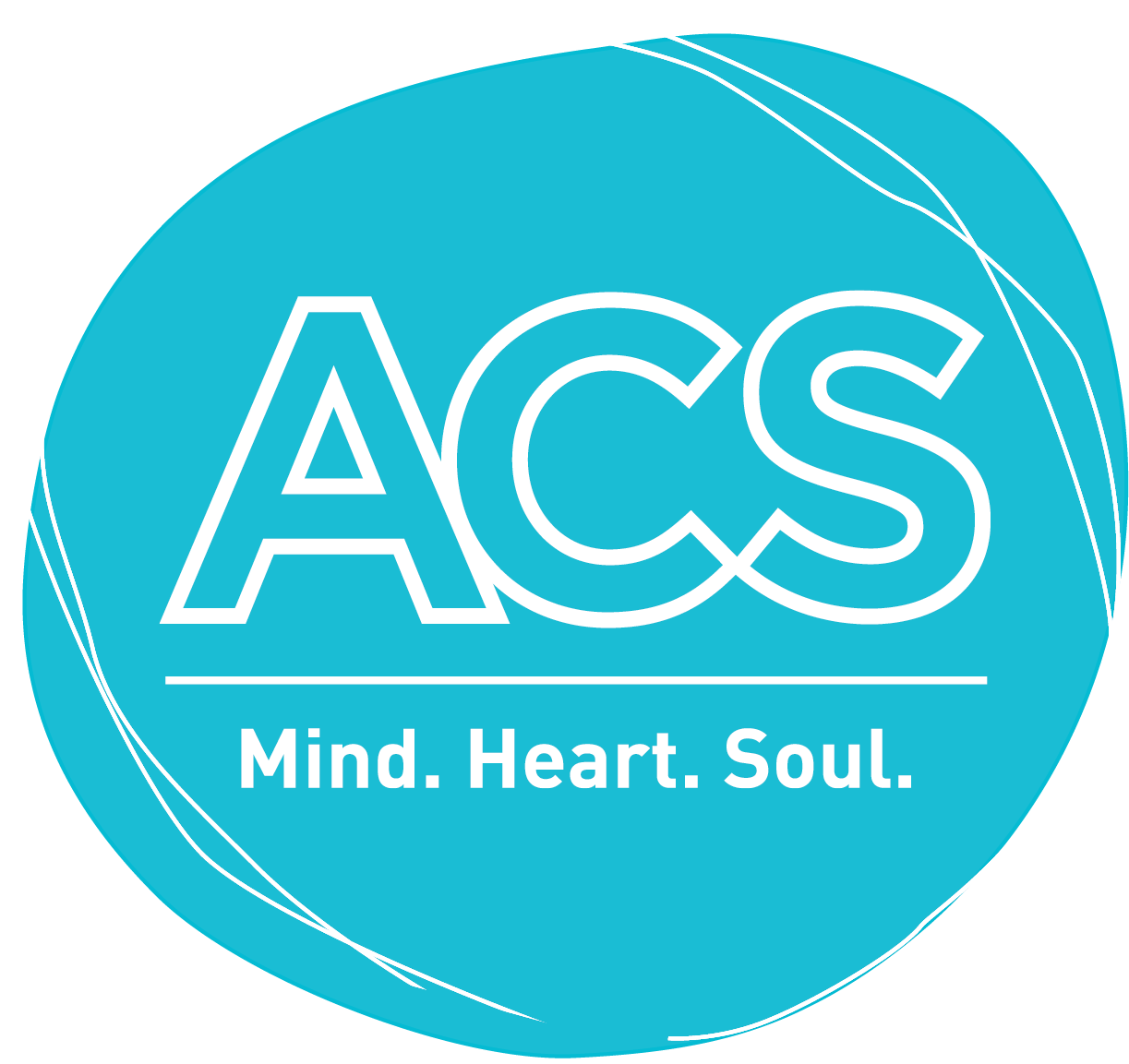I never got to light an Advent candle when I was a child. The idea terrified me. I imagined myself in front of all those solemn people who were expectant, not only for the coming of our Lord, but for the timely lighting of the candles. I saw myself desperately trying to get the lighter to work or worse yet, the last match and succeeding only to setting the dried evergreen boughs alight with my errant match.
It was, then, with admiration that I watched courageous students lighting the Advent candles in our chapels this year. Some students wonder why we participate in this ritual which has its origins in the Middle Ages. I have been paying a lot more attention to rituals since I read Desiring the Kingdom by Calvin philosophy professor, James K. A. Smith. He says that rituals shape who we are. For some reason ritual repetition affects us very deeply–on the level of our identity.
ADVENT
Advent is one of the events that we ritually observe; it is the beginning of the church calendar. It is all about expectation. Expectation for the coming of the Messiah and for Christ’s return. The Advent season reminds us annually that we are people of expectant waiting, that this world is not all that there is, and it’s not as good as it gets. There’s more, much more, in store for us. Celebrating this spiritual truth, by singing “O Come, O Come Immanuel” every year, and using the physical elements of candles and fire affects us. As it reminds us that we are a people of expectant waiting, we become a people of expectant waiting. According to Smith, rituals aren’t just something we do, they do something to us.
Many Christians don’t really follow the liturgical calendar and are therefore not being shaped by it, but this does not mean they are not being shaped by other rituals. There is another calendar that dominates our culture and it, too, is filled with repeated activities–it is the commercial calendar.
SANTA CLAUS
The commercial calendar begins, not with waiting, but with immediately receiving. (Well, almost immediately; you usually have to wait till the 25th to get your stuff.) Christmas is the most important season of the commercial calendar. Where the center of the church calendar is God made flesh, the high priest of the commercial Christmas is Santa Claus who models a generosity that, for those of us without a workshop of elves, must be preceded by purchases. Not only do we buy gifts, we buy wrapping paper and bows, ornaments to dress our trees and homes, and enough meat to feed a non-Western family for a year. Our national economy is dependent on these weeks (months) of spending. And the day after we celebrate all our purchases, we go out to take advantage of the Boxing Day sales and buy more things.
And that’s just Christmas. What about Thanksgiving. Thanksgiving is important to us because Canadian merchants must offer Black Friday Sales to compete with the American rock bottom prices that kick off the commercial Christmas season. Oh, then there’s Cyber Monday.
Rituals shape who we are. The consumer calendar is adding new rituals all the time—Victoria Day Clearance Sale!? The church calendar is down to about two events, and even then most Christians are engaged in commercial rituals at the same time.
THE BOTTOM LINE
What is a human being? A beloved creature, helpless in sin, but saved by a loving heavenly father? Or a consumer who finds comforts and meaning in consuming? Even if we think (or even believe) it is the former, before long we will know deep in our bones that we are, in fact, the latter. This is the power of ritual.






WHAT DO YOU THINK?
And the latter with all its rituals does more to us than we even begin to realize.